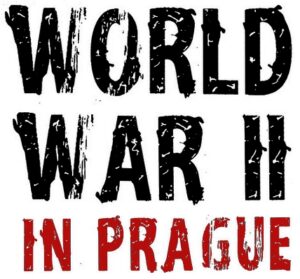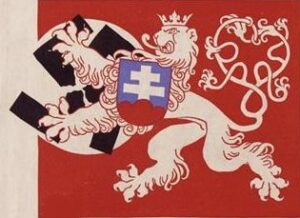The Reich Concordat was a historic agreement signed between the National Socialist government of Germany and the Vatican. The agreement was negotiated and signed by Cardinal Secretary of State Eugenio Pacelli, who would later become Pope Pius XII, with the approval of Pius XI. Pacelli firmly believed in the absolute authority of the Pope as the head of the Catholic Church and sought to establish a formal agreement between the Vatican and Germany to impose the pope’s authority on the country’s Catholic population.
The German Catholic community was one of the most powerful, influential and wealthy Catholic communities in the world. Pacelli aimed to establish a power relationship with the local clergy that would heavily favor the Vatican. He planned to do so through the imposition of the Canon Code of Law, which encouraged the supremacy and absolutism of the pontiff over the local clergy. The Concordat allowed the papacy to impose the new laws on the German clergy and gain special privileges for Catholic schools and organizations. Pacelli also hoped that the agreement would safeguard against Nazi encroachments on and persecution of the German Catholic minority.
However, in exchange for these privileges, the Vatican was required to ‘encourage’ the local Catholic clergy and faithful to ‘voluntarily’ withdraw from politics, which meant disbanding the powerful Catholic Center Party. This effectively destroyed any political opposition against the Nazis, leaving Hitler and his party free to pursue their anti-Semitic policies. Pacelli’s fear of Catholic persecution raises interesting questions since the Catholics were one of the most powerful and faithful communities in Germany.
Furthermore, the historic success of Catholic resistance against government persecution in Germany, such as that against Bismarck’s Kulturkampf, was arguably a more systematic and powerful persecuting force than the Nazis in 1933. Even as late as 1942, the German Catholic community was a powerful social force. The opposition of the Catholics to the Nazi euthanasia program helped hasten its end, and whatever was left had to move underground. The Jesuits‘ organization and success as the ‘secret army’ of the Vatican were greatly feared and admired by the Nazis.
However, the Vatican’s reluctance to encourage Catholic opposition against the Nazis and their policies served as a silent endorsement of their policies. The moral base for protest for the Catholics was further compromised with the silence of Pius XII even when the terms of the Concordat were repeatedly violated by the Nazis. Some historians view the reticence of the Pope in publicly denouncing Nazi anti-Semitism and his failure to publish „The Lost Encyclical“ of Pius XI as a violation of the moral obligations of his role.
Menu

